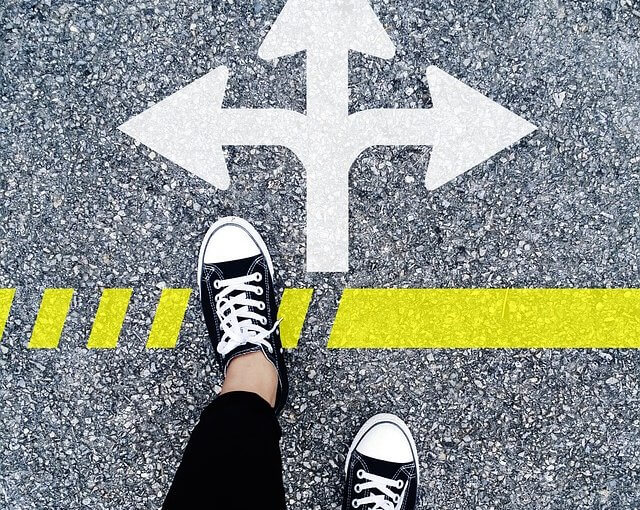At times, Talk Therapy invites our friends and colleagues from the community to share their thoughts. Here is an informative personal story from one of our guest writer:
“At one point in the height of my addiction to drugs and alcohol, a good friend of mine offered a simple insight that would forever change my perspective about my struggle. “I think you are self-medicating,” she said, in a concerned, non-judgmental tone. These words instantly melted away years of guilt and shame. I had never looked past all of the negativity associated with my addiction for long enough to see it this way.
Did this more compassionate perspective instantly make my addiction go away? No. But it did shed light into why I constantly felt the need to be inebriated. By using drugs and alcohol I was not looking to “party,” “get high,” or “get trashed.” I was simply looking for relief. Relief from the constant depression. Relief from the crippling anxiety that seemed to dominate every single day. Relief from the nagging physical aches and pains I felt constantly throughout my body.
Now in my mid-30’s I was armed with a brand new perspective on the addiction that had plagued me since my teens. I no longer viewed myself as simply someone who was hellbent on self-destructing and disrespecting all regard for healthy consumption and society’s rules. I no longer viewed myself as the “black sheep” troublemaker who ruined his life with addiction. I now viewed myself as someone who had enough self-compassion for himself to want to find relief from the very real pains of life. I was simply being my own caregiver.
Unfortunately, my medications of choice were not good for my body, my mental state, or my life in general, even though they momentarily took away the pain. But they were convenient and accessible, and in my case, relatively affordable. Over the next several years, I learned all I could about natural medicines, neuropsychology and neurobiology, nutrition, exercise, and anything else that might provide a healthier pain-relieving alternative to the damaging drugs and alcohol.
Although this insight was immediate, real change took time and I had to do a lot of inner work to keep my “self medication” perspective fresh in my mind. Most importantly, it was critical for me to chip away at the guilt and shame I was holding onto that was directly related to years of self-destruction. Guilt and shame are often so interlocked with our addiction that it can take years of inner work to break free from their chains. Guilt and shame can keep us imprisoned by our old, pain relieving ways.
When we do “the work” we begin to peel back the layers of guilt and shame and learn how to be compassionate toward ourselves. Humans respond best to positive reinforcement and encouragement. Self-abasement, negative reinforcement and coercion are not effective strategies for permanently changing our behavior. Self-compassion and non-judgment toward ourselves is critical if we want lasting change.
Are you self-medicating? Are you drinking or using to mask a particular emotional or physical pain in your life? What specific pain are you escaping from? Identify this pain in one word or sentence (I was escaping from my depression and anxiety). Once you identify what specific pain you are escaping from, ask yourself, is it normal for a human being to want relief from pain? Of course it is! The multi-billion dollar pharmaceutical industry is proof that humans have an insatiable desire for relief from pain.
This does not make us bad people. This does not make us flawed or sick. We no longer need to feel guilty or ashamed of desiring to be free of our pain. We are merely humans seeking relief from our very real pain. We may not be the best choice of primary care providers for ourselves at the moment. But by doing the inner work, this too can change.”
About the Author:
Joseph Cervantes is an advocate for the de-stigmatization of addiction in our culture. As a community organizer and journalist in the addiction treatment space he has had the opportunity to work with hundreds of individuals struggling with various addictions and mental health issues. He is also a vocal advocate for the development of new methods and strategies for treating addiction. Having completed several IOP and inpatient programs himself over the past 20 years, he offers a unique perspective into the rehab experience through both a patient and practitioner lens.





